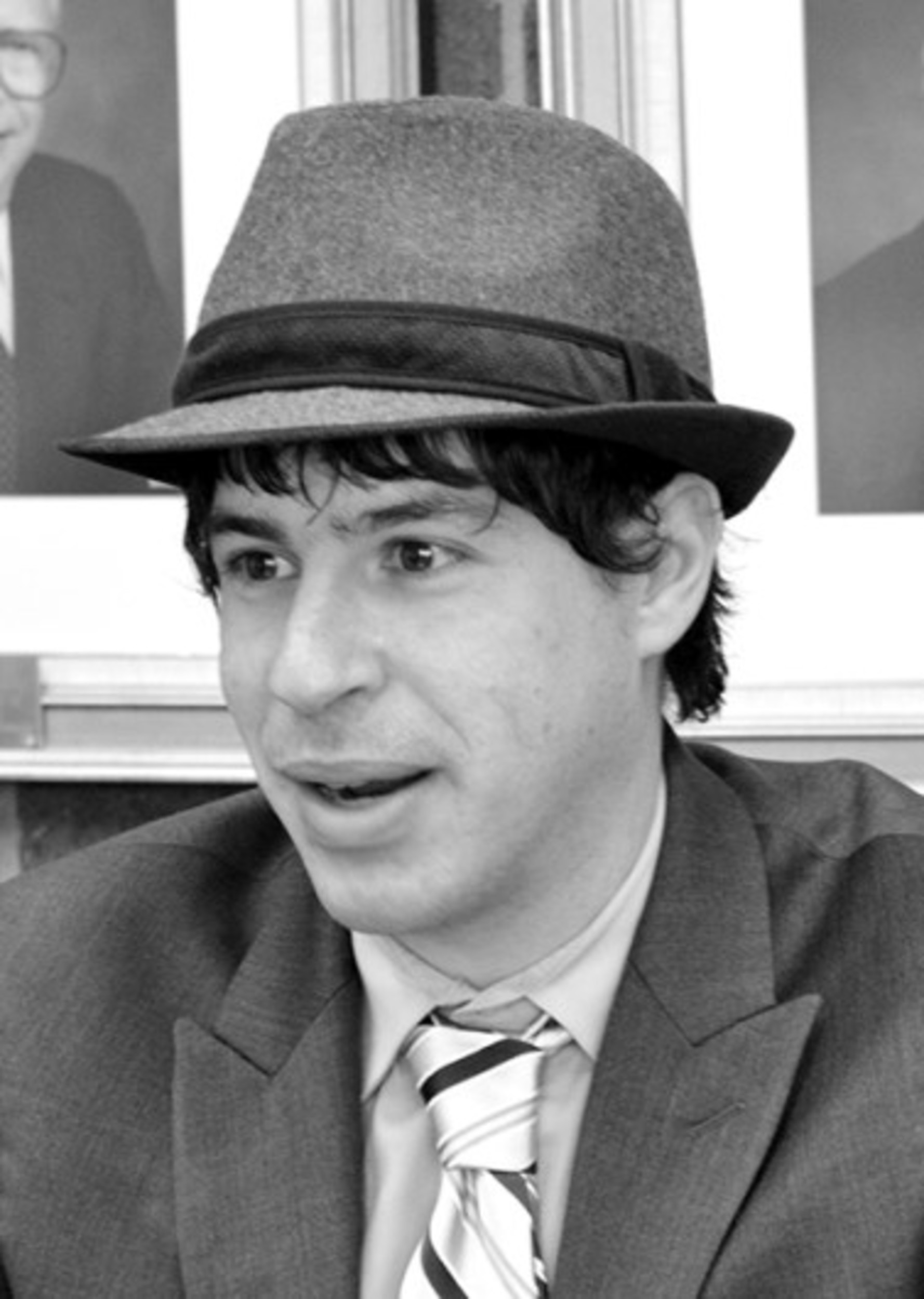In defense of the Maccabees
“Let everyone who has zeal for the Law and who stands by the covenant follow me!”
– 1 Maccabees 2:27
Mattathias, the high priest and patriarch of the Hasmonean revolt, had just assassinated a Greek government official for compelling him to commit idolatrous worship in an act of brazen political violence.
Like the battles of Lexington and Concord, this launched a period of violent asymmetrical guerilla warfare to defend the homeland from foreign sovereignty and despised values.
In recent years, there’s been a public trend of discomfort with and criticism of the Maccabees. In a New York Times op-ed on Dec. 1, 2018 (“The Hypocrisy of Hanukkah”), author Michael David Lukas lamented the “eight-night-long celebration of religious fundamentalism and violence.” But the truth is that this discomfort is not new and comes from many quarters.
When the patriarch Jacob blessed his children at the end of his life, he blessed Judah with political sovereignty, stating “The scepter shall not depart from Judah, Nor the ruler’s staff between his feet; So that tribute shall come to him and homage of peoples be his” (Genesis 49:10).
But Nachmanides, the famed mystic and brilliant commentator, criticized the Hasmonean dynasty. Despite its piety, “they were punished a great punishment,” possibly because they were not from the line of Judah, perhaps because they were Sadducees, and likely because they were priests, whose role was rightly one of piety, not politics.
For this reason, “there was poetic justice”: the dynasty struggled and fell, and “their slaves ruled over them.”
Notably, while Purim receives its own Mishnaic tractate, Hanukkah gets no attention whatsoever in the Mishnah; it is absent. Yet both are similarly situated as a rabbinic holiday in celebration of a successful revolt amid a backdrop of assimilation.
While the precise causes of early rabbinic opposition are the subject of vigorous academic debate, perhaps relating to scorn for Mattathias’s descendants, John Hyrcanus or Alexander Yannai, or perhaps out of concern that a violent reputation would harm relations with Rome, it remains clear that the early rabbis were not fans of the Hasmoneans or their victory. When the Babylonian Talmud does mention Hanukkah, it is in the context of the laws of candles on Shabbat, referencing only the miracle of the oil and omitting any reference to the military revolt.
In his book on religious violence, “Not in God’s Name: Confronting Religious Violence,” Rabbi Jonathan Sacks notes his refusal to defend the Maccabees, among other groups that mix theology, politics and violence.
“[N]either will I defend the toxic mix of religion and politics that has been the downfall of every culture that embraced it: Judaism in the late Second Temple period, Christianity in the 16th and 17th centuries, and radical political Islam today,” he wrote.
In his review of Rabbi Sack’s book, Rabbi Shlomo Riskin adds that the sages “added the al-hanisim prayer” to recast the victory in religious terms, a sort of sanitization.
In this hostile environment, I’d like to take up the Maccabees’ cause. We, too live in a world with shallow banality, with generic yet powerful cultural forces of consumption, celebrity, wealth accumulation, power and cynicism that threaten the guarded spiritual secrets of small groups, like Jews, the world over.
Moreover, all of us are physically threatened by our collective dash to ecological catastrophe, and spiritually threatened by a pervasive lack of meaning and a sense of exile and isolation.
Just like the Greeks, whose material culture afforded no tolerance for circumcision, Sabbath or the Jewish calendar, there’s a megalith of modern culture that sneaks up on us, that we quickly assimilate into, that doesn’t provide succor for the soul or health for the polity. Substance and facts are anathema, holiness altogether bizarre.
In our context, a bit of zealotry is called for, zealotry in defense of the Torah’s fundamental truth that every person is created in the image of the living God and therefore deserving of meaningful dignity, zealotry in defense of the sublime beauty of God’s handiwork, zealotry in defense of studies and in the reflection and actions to improve and redeem our world that has characterized so many Jewish movements and moments.
In the Kabbalistic system of divine emanation, zealotry and revolt might fairly align with netzach, the notion of persistence, of struggle, striving, critique, improvement. Importantly, this is rooted on the right, the side of chesed/lovingkindness in this mystical paradigm. So often, zealotries and revolts are more rooted in pain, revenge or anger. These notions are crucial, but dangerous and flammable, and so discernment and self-reflection are important tools at this moment.
On the mirror side of the kabbalistic scale is hod, appreciation of beauty and gratitude, and a sense of submission. If the Maccabees’ war represents an expression of netzach, the miracle of the oil, performed by God and not people, then a form of supernal light from beyond represents hod.
Fighting and zealotry without gratitude, pause and humility can quickly become a reflection of ego or power gone awry, the Kabbalah warns. But quietism without fight is not loving, and there are moments, like the current one, where those who “love creatures,” like the high priest Aaron, must fight bravely to defend sanctity, purpose and the Holy of Holies.
Personally, I’m burning with an unsettling amount of zealotry lately, and I know from myriad conversations that I’m not alone. Mindful of the critiques, traditional ambivalence, attempts to counterbalance, and the inevitable harm, I’m eager to stress the other side.
Just as the survival of the Jews depended on the fundamentalism of the Maccabees, our ability to channel courage and fight for the Holy of Holies, the imminence of that which is sacred, may determine our collective fate.
Rabbi Barry Dolinger is rabbi of Congregation Beth Sholom in Providence. He is vice president of the Board of Rabbis of Greater Rhode Island.








